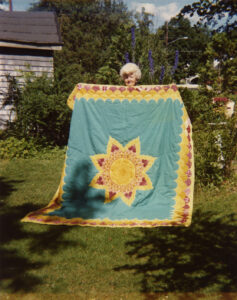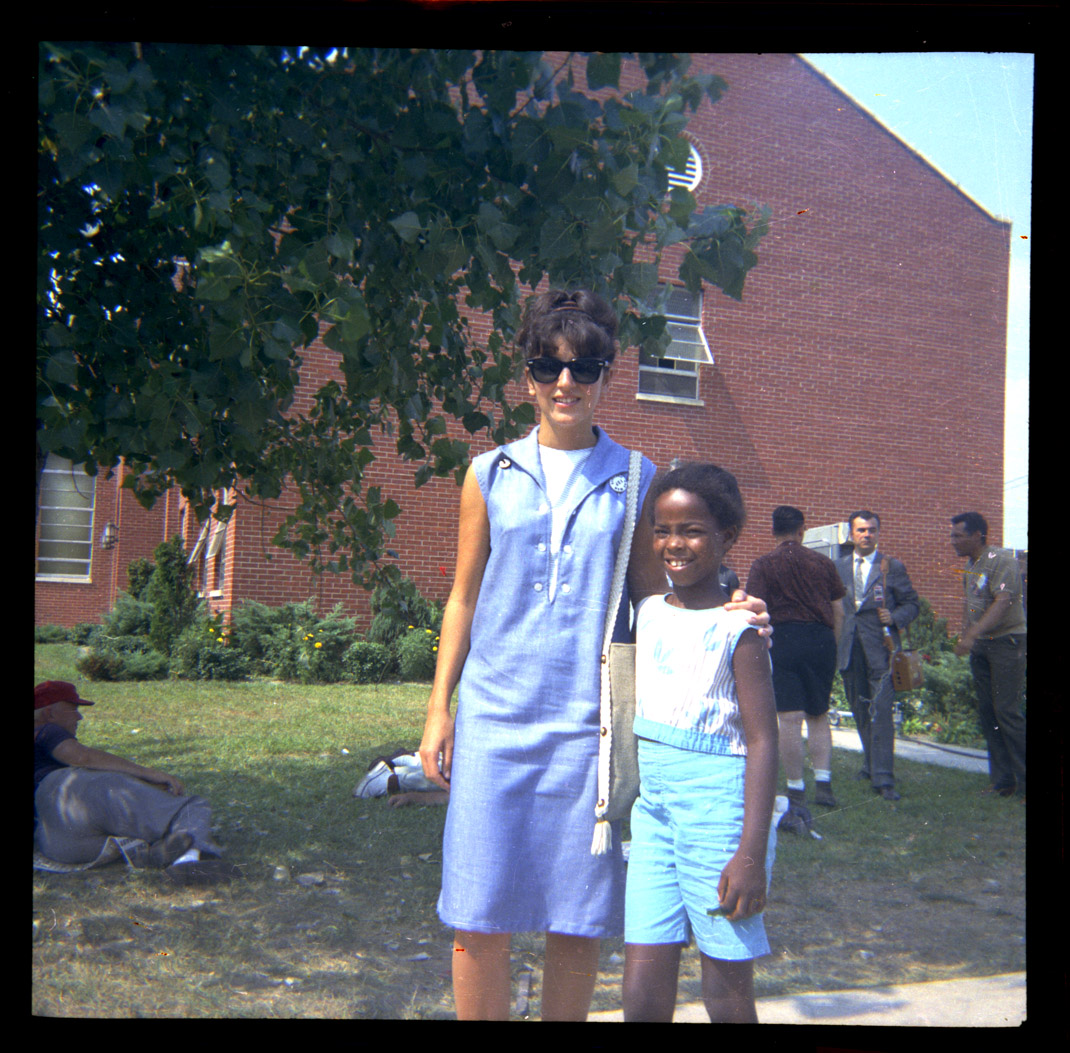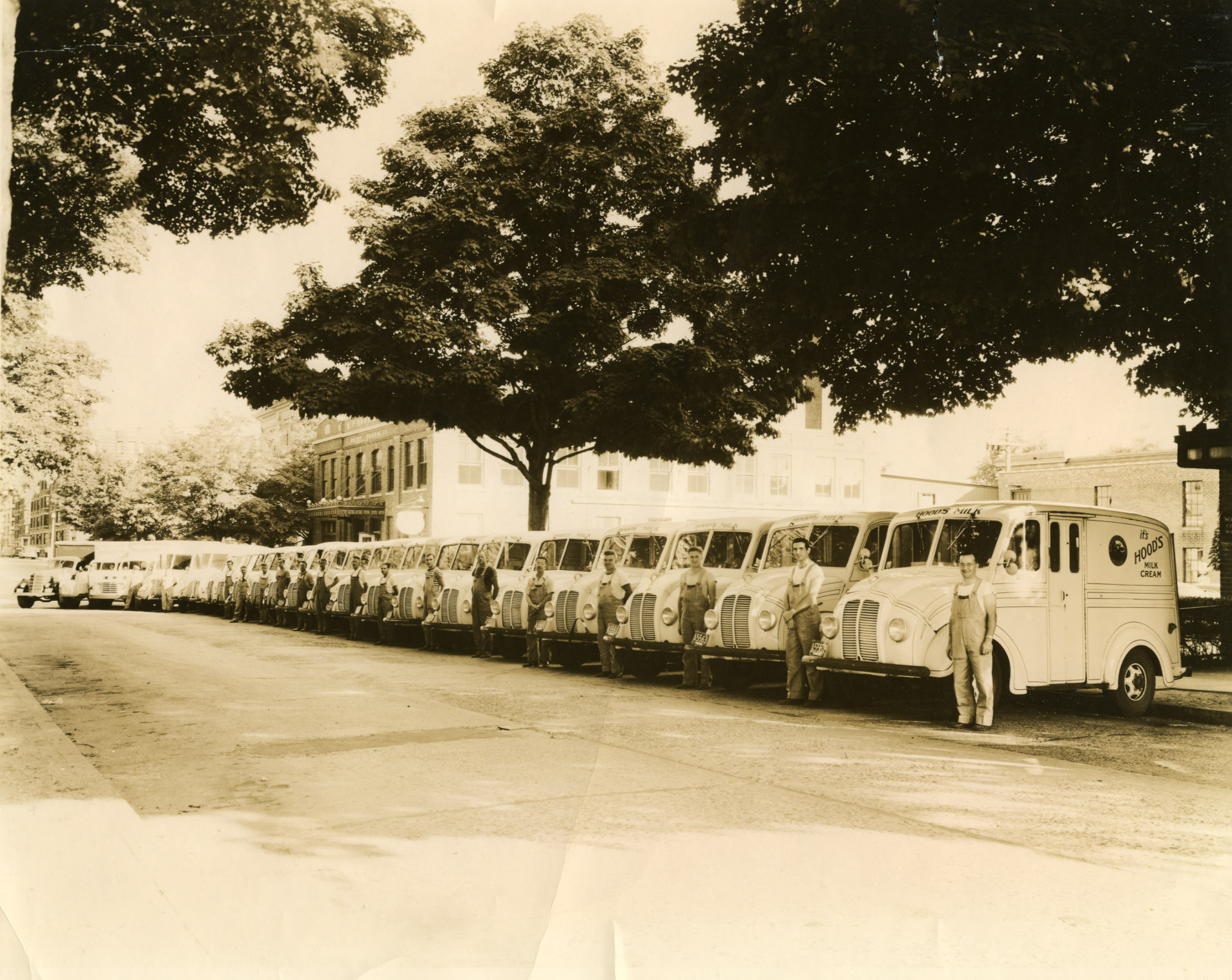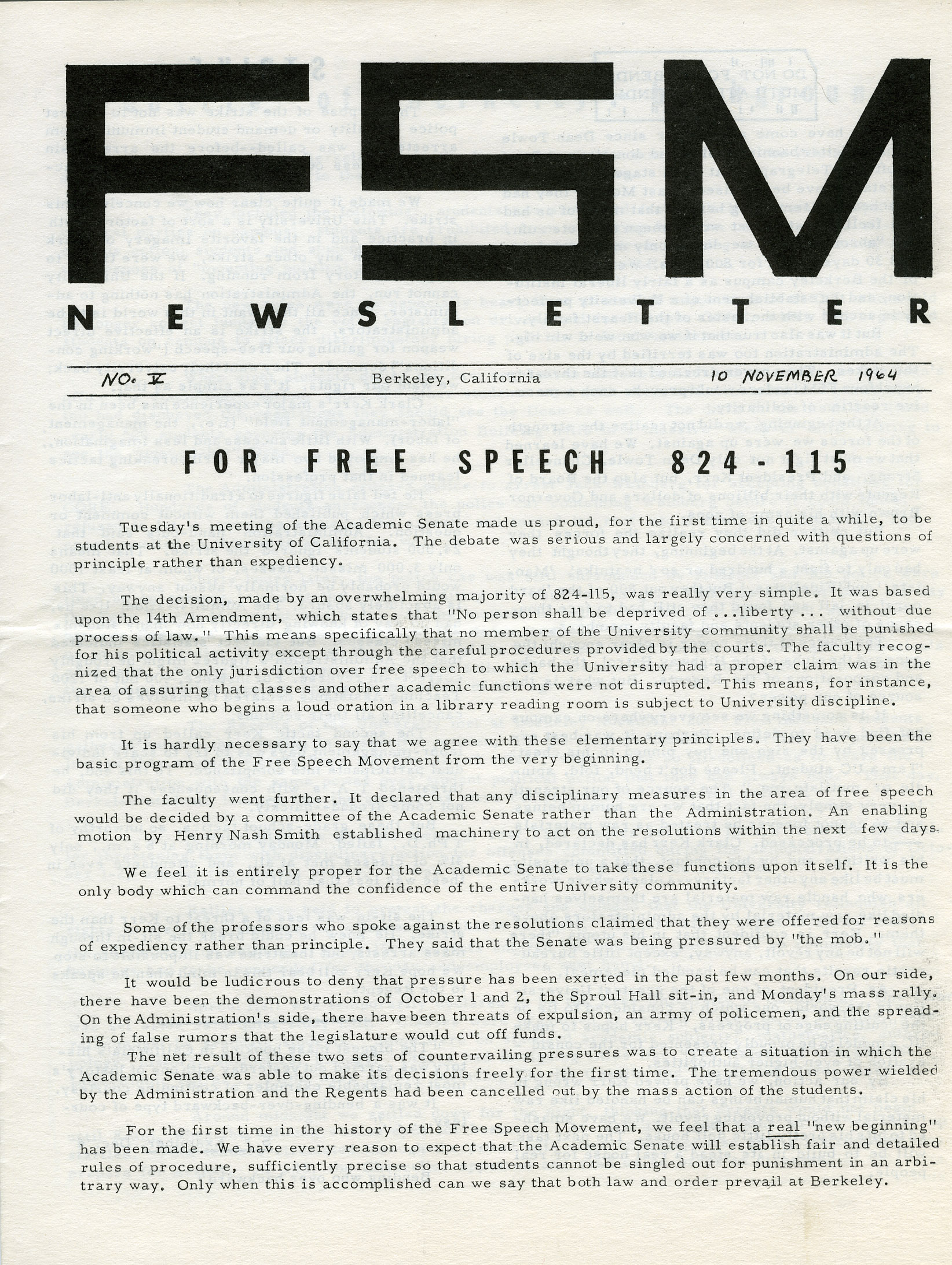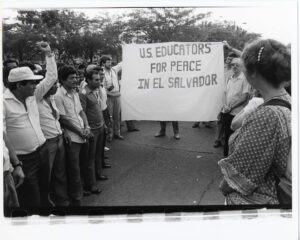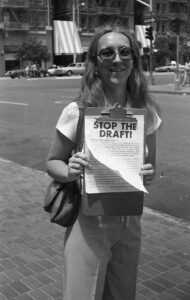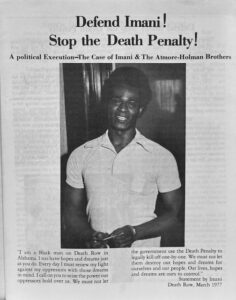Clarke School for the Deaf Records
ca.1867-2010
130 boxes 195 linear feet
Call no.: MS 742
Temporarily stored offsite; contact SCUA to request materials from this collection.
With a $50,000 grant from the philanthropist John Clarke, Gardiner Green Hubbard founded the Clarke Institution for Deaf Mutes in 1867, a school predicated on the importance of acquiring oral skills for children with hearing loss. Opened in Northampton, Mass., under the direction of Harriet B. Rogers, Clarke differed philosophically from schools such as the American School for the Deaf where sign language was used for instruction, stressing speech-reading and speech as the primary methods of communication. With notable supporters such as Alexander Graham Bell, Clarence W. Barron, and Calvin Coolidge and his wife Grace (a former teacher), the school became a pioneer in training teachers in auditory and oral methods and in recognizing the importance of early intervention and mainstreaming children into neighborhood schools. Working in partnership with Smith College, Clarke began offering a master’s degree in Education of the Deaf in 1962. Known as the Clarke Schools for Hearing and Speech since 2010, the school has opened additional campuses in Boston (1995), Jacksonville (1996), New York (1999), and Philadelphia (2001).
The records of the Clarke School offer rich documentation of the history of oral deaf education in the United States and insight into the experience of deafness in America. The collection includes extensive correspondence of school administrators and teachers, organizational materials, records of the school’s programs, and an essentially complete run of the school’s annual reports and other publications.
Subjects
Deaf--EducationDeafness--Genetic aspectsTeachers of the deafContributors
Alexander Graham Bell Association for the DeafBell, Alexander Graham, 1847-1922Coolidge, Grace Goodhue, 1879-1957Types of material
Minutes (Administrative records)Photographs
Restrictions: Student records, medical records, and genealogical and genetic records generated by the research staff at the school are restricted for 75 years from the date of creation.


